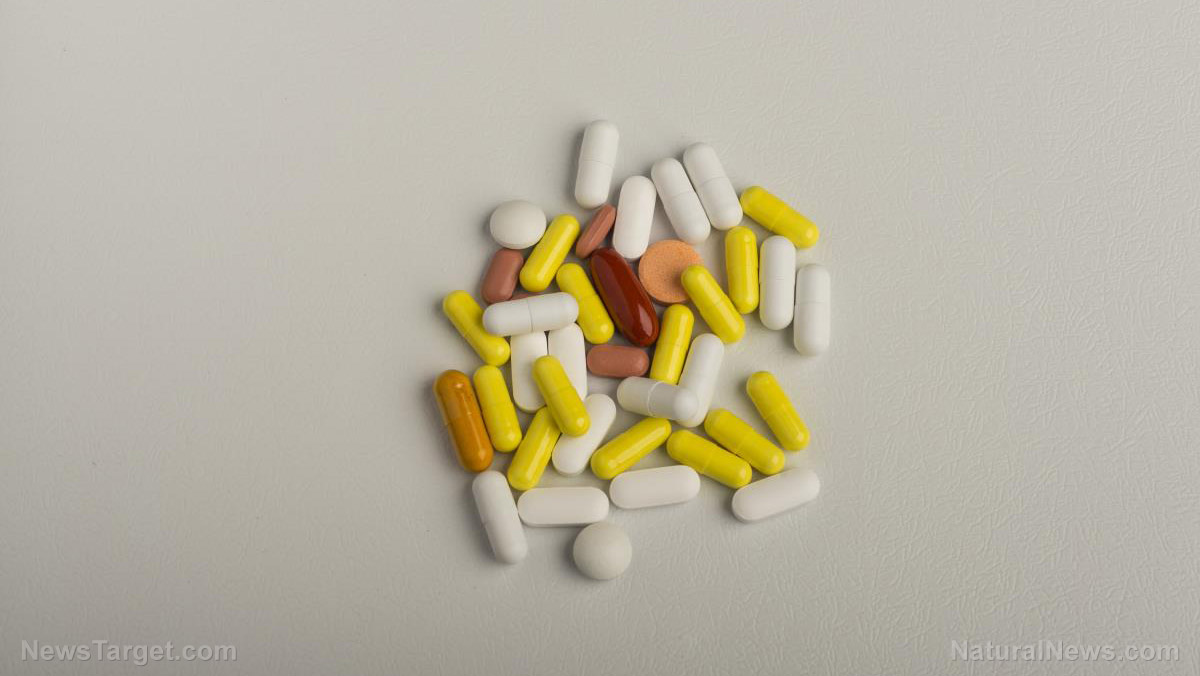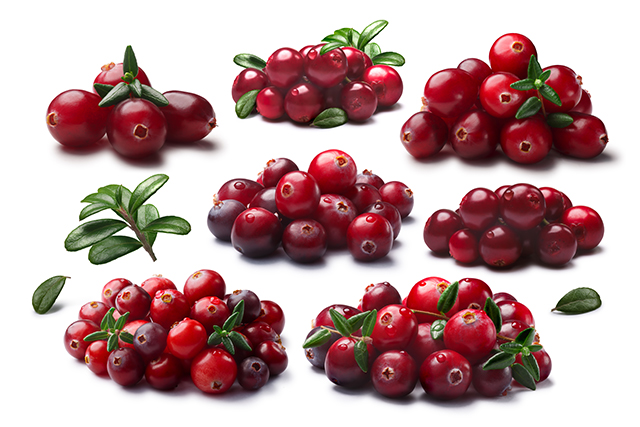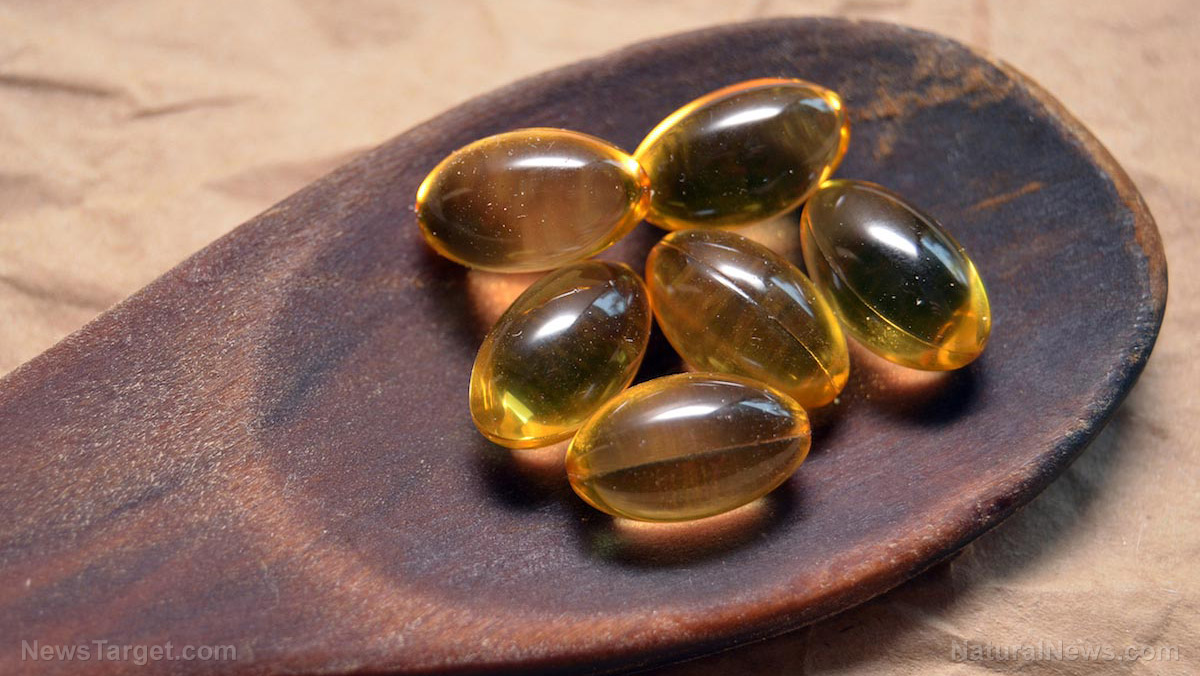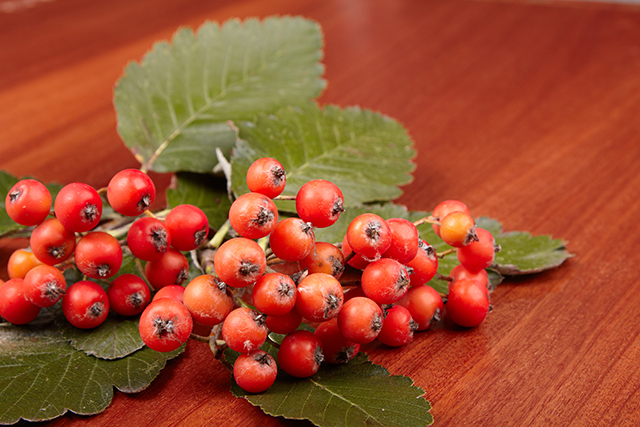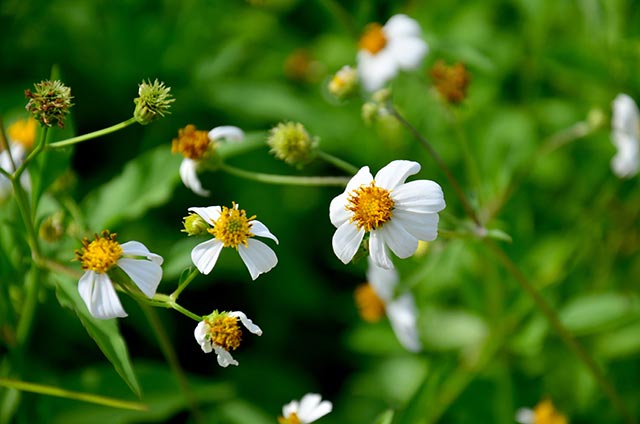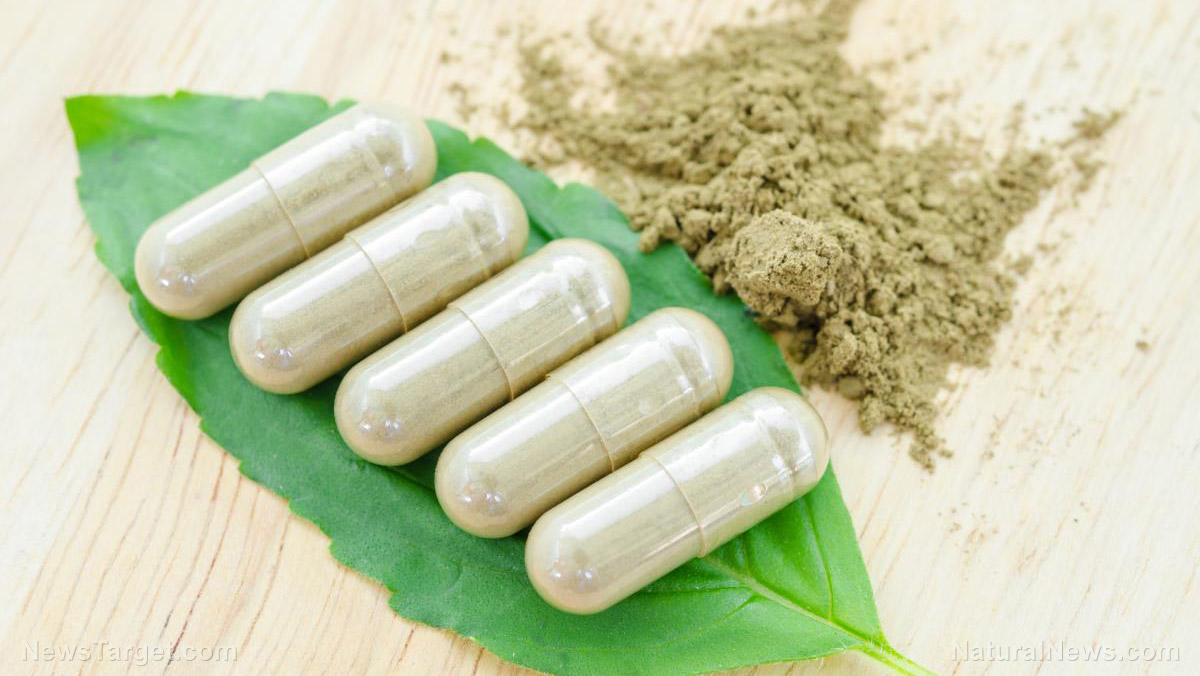Artichokes show remarkable cholesterol-reducing properties
08/28/2018 / By Frances Bloomfield

The plant world has long been viewed as a source of viable remedies for hypercholesterolemia or high cholesterol. One such plant that has been considered as a potential cure is artichoke. Thus, a study published in the Australian Journal of Basic and Applied Sciences has taken an in-depth look at the possible cardiovascular and renal effects of this nutrient-rich vegetable.
- The researchers purchased and prepared aqueous extracts derived from the pulp and leaves. In addition, 60 male rats and crystalline, powdered cholesterol were also bought.
- One week before experimentation, all the rats were placed on the basal diet. This consisted of: 0.02 percent choline chloride, one percent vitamin mixture, four percent salt mixture, five percent cellulose, 10 percent corn oil, 12 percent casein, and 100 percent cornstarch. Furthermore, all rats were weighed on a weekly basis.
- Following this, the rats were split into two groups. The first or negative control group continued the basal diet. The second or hypercholesterolemic group also continued this diet with the addition of two percent cholesterol for 14 days.
- Once two weeks had passed, the second group was further divided into four smaller groups. For an additional 14 days, two subgroups were given 200 and 400 mg/kg doses of artichoke leaf extract; the other two subgroups were fed artichoke pulp extract in 200 and 400 mg/kg servings.
- Blood, heart, and liver samples were acquired and examined 24 hours after the experiment ended.
- Analyses revealed that both types of artichoke extract reduced the body weight gain and food efficiency ratio of the hypercholesterolemic rats, leading to lower cholesterol levels. However, the leaf-derived extract was found to be more effective at decreasing triglyceride and serum cholesterol levels, particularly in higher doses.
- The artichoke extracts also positively impacted liver function by lowering alanine transaminase (ALT), aspartate transaminase (AST), and alkaline phosphatase (ALP). High levels of these enzymes are indicative of liver dysfunction, meaning that artichoke extract has a protective effect on the liver.
The researchers concluded their study by stating that artichoke had a beneficial effect on the heart and the liver.
To read the full text of the study, visit this link.
Go to Heart.news to view more studies or news articles concerning heart health.
Journal reference
Header EA, ElSawy NA, Alkushi AG. BIOLOGICAL EFFECT OF CYNARA CARDUNCULUS ON LIVER AND HEART STATUS FOR HYPERCHOLESTEROLEMIC RATS. Australian Journal of Basic and Applied Sciences. 2017; 11(2), 41-49. [PDF]
Tagged Under: Artichoke, cardiovascular health, cholesterol, food as medicine, food cures, Health and Wellness, heart health, high cholesterol, liver health, natural cures, Natural Treatments, nutrition


